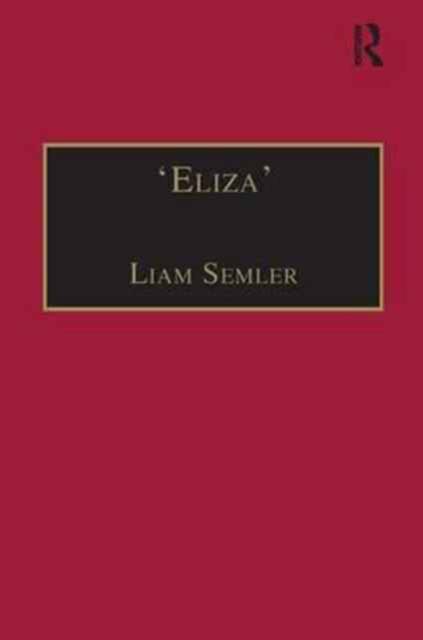
- Afhalen na 1 uur in een winkel met voorraad
- Gratis thuislevering in België vanaf € 30
- Ruim aanbod met 7 miljoen producten
- Afhalen na 1 uur in een winkel met voorraad
- Gratis thuislevering in België vanaf € 30
- Ruim aanbod met 7 miljoen producten
Zoeken
Omschrijving
This facsimile edition reproduces the work titled Eliza's Babes which was first published in 1652. The volume comprises devotional and political verse and prose meditations. The poems cover a wide range of forms from verse epistles to poetic petitions, religious love lyrics to poems on earthly marriage, exultant poetic prayers to stern spiritual admonitions. The meditations are fine examples of the Puritan believer's plain-style response to various biblical texts, theological issues and political events. The text is historically and aesthetically unique. It reveals its anonymous author to be perhaps the first woman to publish substantial creative imitations of poems printed in George Herbert's The Temple (1633) and to rely upon and respond to Robert Herrick's Hesperides (1648). Eliza's Babes is a literary work of great originality. The narrator lives out her estate of salvation as an almost literally experienced marriage of election to Christ her Saviour. In a series of poems, 'Eliza' overcomes her initial shock and disappointment that her heavenly spouse has chosen an earthly partner for her, though this partner's prerogative is noticeably confined to the subservient role of facilitating his wife's heavenly marriage. The copy reproduced in this edition is the British Library text.
Specificaties
Betrokkenen
- Auteur(s):
- Uitgeverij:
Inhoud
- Aantal bladzijden:
- 128
- Taal:
- Engels
- Reeks:
Eigenschappen
- Productcode (EAN):
- 9780754630951
- Verschijningsdatum:
- 10/07/2003
- Uitvoering:
- Hardcover
- Formaat:
- Genaaid
- Afmetingen:
- 122 mm x 186 mm
- Gewicht:
- 204 g

Alleen bij Standaard Boekhandel
+ 391 punten op je klantenkaart van Standaard Boekhandel
Beoordelingen
We publiceren alleen reviews die voldoen aan de voorwaarden voor reviews. Bekijk onze voorwaarden voor reviews.











